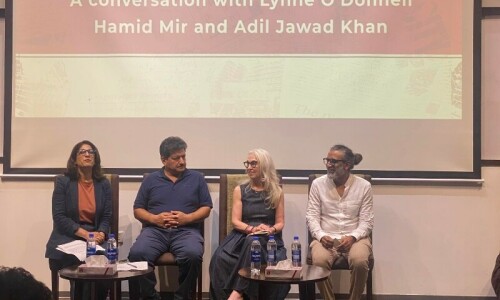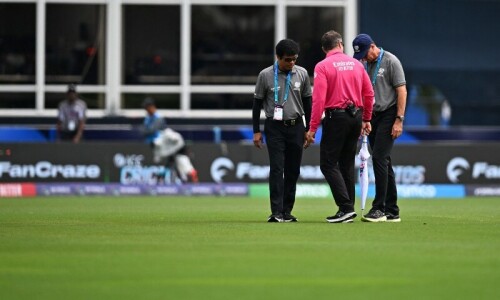BEIRUT: Poverty, gender discrimination and violence are keeping more than 12 million children in the Middle East out of school, despite efforts to expand education, the UN children’s agency warned on Wednesday.
An additional three million children in Syria and Iraq have been forced out of school by conflict, Unicef said in a new report.
The joint report by Unicef and UN cultural agency Unesco’s Institute for Statistics said the rates of out-of-school children in the region had been declining, “often by as much as half”. “But in recent years, progress has stalled,” it said, with 4.3 million primary-aged children and 2.9 million lower secondary-aged children out of school.
An additional 5.1 million children are not receiving pre-primary school education, bringing the total number of the region’s children out of school to 12.3 million, the report said.
That figure represents around 15 percent of the children in the Middle East who should be receiving pre-primary, primary or secondary education.
Yemen had the worst rate of pre-primary school age children receiving an education, with only six percent of them in school.
Djibouti and Sudan had the worst rates for secondary school-age children, followed by Iran and Morocco.
GIRLS ARE UNDERVALUED: The report said a study of nine countries in the region revealed a range of reasons why children were out of school, including poverty.
In many cases, families could not afford costs associated with schooling, including books and uniforms, or the loss of income from a child who could be put to work.
“Children from poor, disadvantaged families are most likely to be excluded from schooling, even though they have the most to gain,” Maria Calivis, Unicef’s regional director, said at the report’s launch in Beirut on Wednesday.
Gender discrimination also remains a factor.
“Girls are undervalued and, since they are not expected to work, their families see no need for them to learn,” the report says, adding that early marriage is also an issue in most countries in the region.
Published in Dawn, April 16th, 2015
On a mobile phone? Get the Dawn Mobile App: Apple Store | Google Play













































Dear visitor, the comments section is undergoing an overhaul and will return soon.